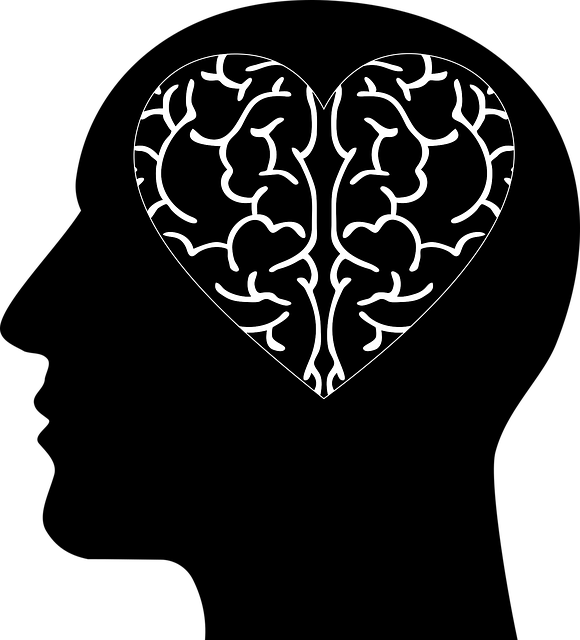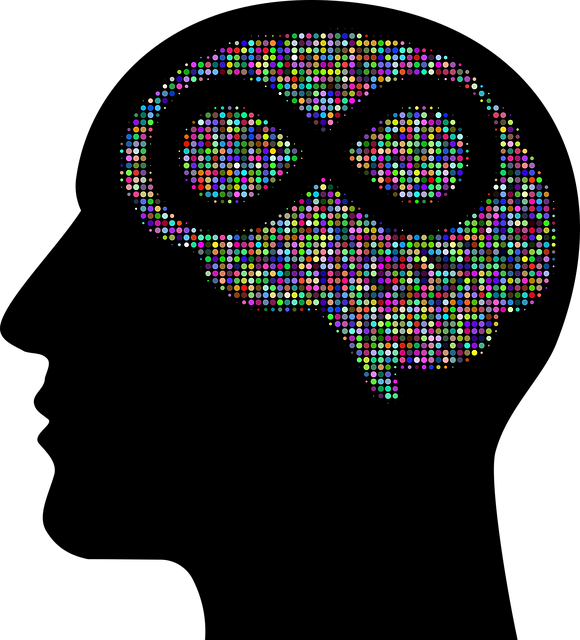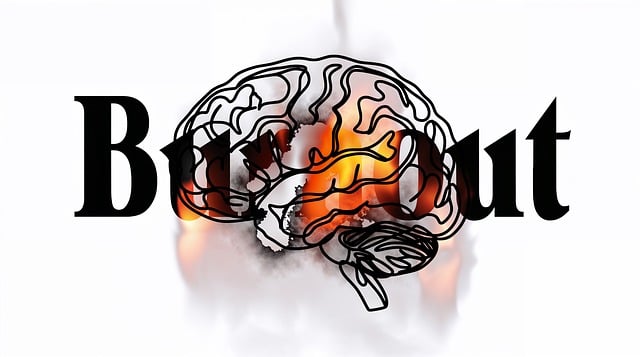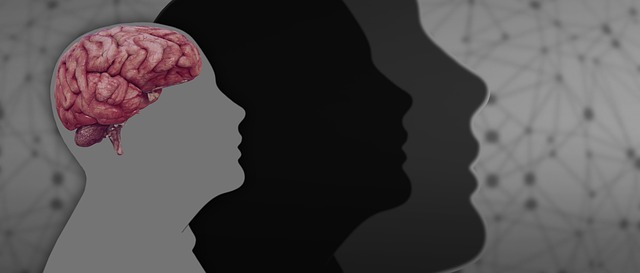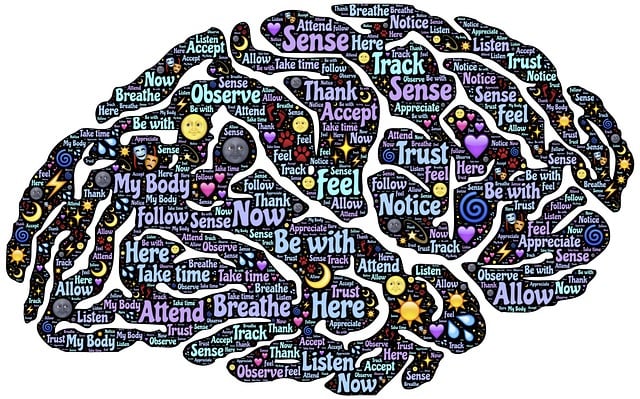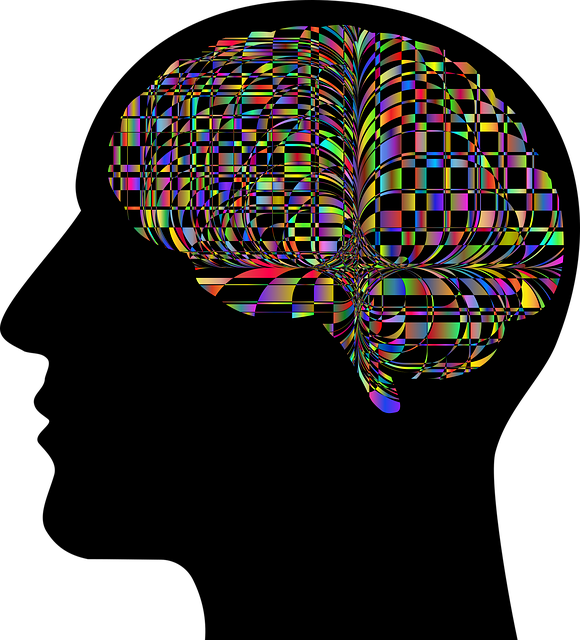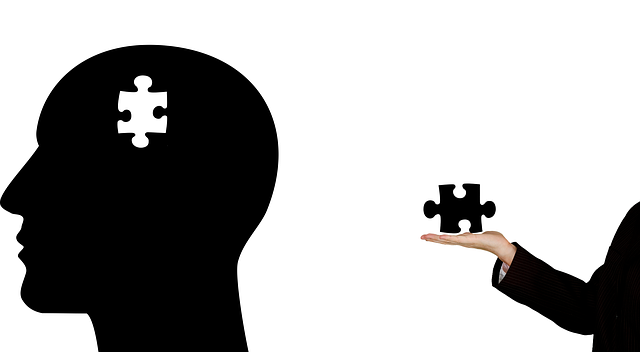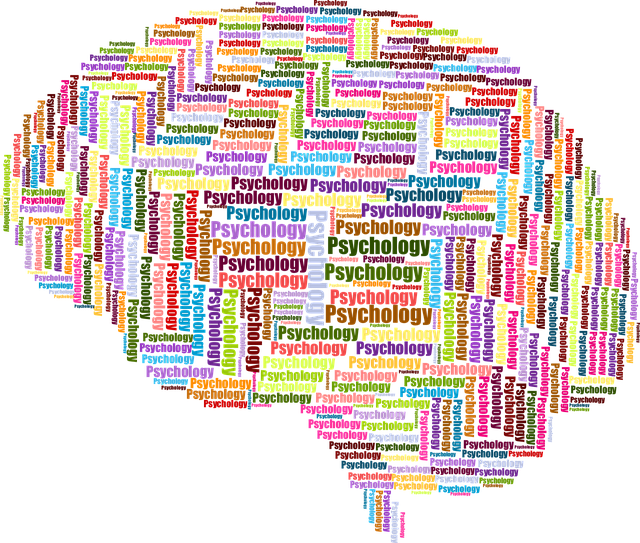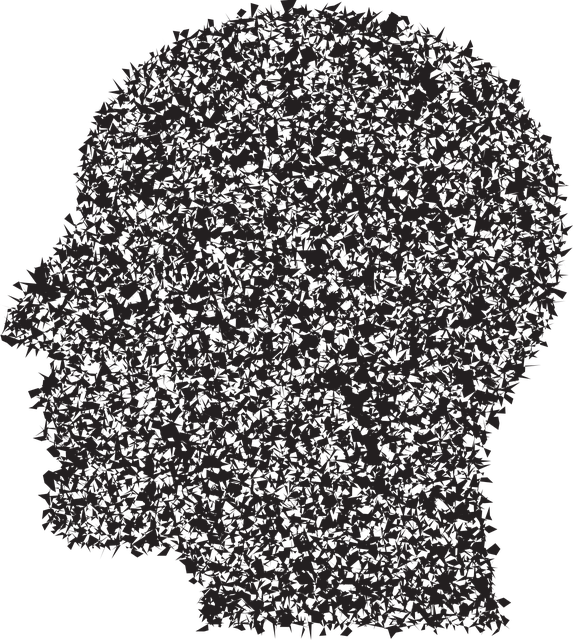Mental health diagnoses for adults, especially men, face challenges due to inconsistent criteria, subjective assessments, and societal stigma. The digital age has brought advancements like online platforms, mobile apps, algorithms, and AI models to enhance accessibility and accuracy in therapy for adults' men's issues. There's a growing emphasis on personalized care, combining evidence-based techniques with holistic approaches like mindfulness, art therapy, and compassion cultivation. Early intervention through mental wellness journaling and self-awareness exercises improves diagnosis and long-term outcomes. These strategies foster better mental well-being by addressing unique challenges faced by adult men seeking therapy.
Mental illness diagnosis accuracy is a critical aspect of healthcare that demands continuous improvement. This article explores various efforts aimed at enhancing the precision and reliability of mental health assessments, with a specific focus on addressing the unique challenges faced by adult men. From technological advancements in assessment tools to personalized therapy approaches and holistic care integration, we delve into strategies that promise better outcomes for those struggling with mental health issues. Understanding the gaps in current systems is key to implementing effective solutions, particularly in tailoring treatments for adult men’s specific needs.
- Understanding Mental Health Diagnoses: Challenges and Gaps in Current Systems
- Advancements in Assessment Tools: Enhancing Accuracy through Technology and Research
- Personalized Approach to Therapy: Tailoring Treatments for Adult Men's Specific Issues
- Integrating Traditional and Alternative Practices: A Holistic Perspective on Diagnosis and Care
- Promoting Early Intervention and Support: Strategies for Better Mental Health Outcomes
Understanding Mental Health Diagnoses: Challenges and Gaps in Current Systems

Mental health diagnoses are complex processes that involve a deep understanding of an individual’s symptoms, personal history, and overall well-being. However, the current systems present several challenges and gaps. One significant hurdle is the lack of standardized criteria across different regions, leading to inconsistencies in diagnosis. This variability can make it difficult for healthcare professionals to provide uniform care, especially when treating conditions that have cultural or context-specific manifestations. Additionally, the subjective nature of mental health assessments poses a challenge, as symptoms can be nuanced and overlap between various disorders.
The pressure to adhere to strict diagnostic manuals, while essential for consistency, may also lead to misdiagnosis if not carefully considered. Furthermore, societal stigma attached to mental illness often influences the presentation of symptoms, causing individuals to downplay or mask certain behaviors, further complicating the diagnosis process. To address these issues, burnout prevention strategies and compassion cultivation practices have emerged as valuable tools. Encouraging open dialogue and self-reflection through mental wellness journaling exercises can aid in early detection and accurate diagnosis, ultimately promoting effective therapy for adults with men’s issues.
Advancements in Assessment Tools: Enhancing Accuracy through Technology and Research

The digital age has brought about significant advancements in mental health assessment tools, revolutionizing how professionals diagnose and treat various psychological conditions. Online platforms and mobile applications now offer a range of evidence-based resources for stress management workshops and conflict resolution techniques, making therapy for adults and men’s issues more accessible than ever before. These digital interventions are designed to improve diagnosis accuracy by providing detailed data and personalized recommendations, catering to individual needs.
Through community outreach program implementations, researchers have developed sophisticated algorithms and artificial intelligence models that can analyze large datasets to identify patterns and predict specific mental health disorders. This technology enables mental health professionals to make more informed decisions, ensuring a precise diagnosis and tailored treatment plans. By integrating these advancements into clinical practices, the field of psychiatry aims to enhance patient outcomes and improve overall mental wellness, especially in areas where access to traditional therapy services may be limited.
Personalized Approach to Therapy: Tailoring Treatments for Adult Men's Specific Issues

In recent years, there’s been a growing emphasis on adopting a personalized approach to therapy, specifically catering to the unique challenges faced by adult men. Traditional treatment methods often fail to address the specific issues that many men struggle with, such as trauma, substance abuse, and emotional expression barriers. This shift towards individualized care acknowledges that one-size-fits-all mental health support is ineffective for a demographic so diverse in its experiences and needs. By incorporating techniques like compassion cultivation practices, therapists can create safe spaces that encourage vulnerability and promote healing.
Efforts to enhance diagnosis accuracy have also led to the integration of advanced risk assessment tools for mental health professionals, enabling them to provide more targeted interventions. Moreover, policy analyses and advocacy initiatives play a crucial role in shaping Mental Health Policy, ensuring that resources are allocated effectively to support therapy for adult men’s issues. These collective efforts aim to improve outcomes and foster better mental well-being among this demographic.
Integrating Traditional and Alternative Practices: A Holistic Perspective on Diagnosis and Care

In recent years, the mental health field has witnessed a growing recognition of the value in integrating traditional and alternative practices to enhance diagnosis and care, especially for men seeking therapy for adults’ mens issues. This holistic perspective underscores the importance of addressing not just symptoms but also the underlying causes and contributing factors that impact mental wellness. By combining evidence-based therapeutic approaches with innovative techniques, healthcare professionals can provide more comprehensive support. For instance, while cognitive-behavioral therapy (CBT) remains a cornerstone in treating various mental health conditions, incorporating mindfulness practices, art therapy, or even trauma support services can significantly aid in self-esteem improvement and address specific men’s issues that may not be effectively targeted by traditional methods alone.
This integrated model of care considers the intricate interplay between physical, emotional, and psychological aspects, ensuring a more nuanced understanding of mental illness. By adopting such strategies, therapists can create a safe and supportive environment, fostering open dialogue and encouraging individuals to explore and confront their challenges from multiple angles. This holistic approach not only enhances diagnosis accuracy but also promotes longer-lasting recovery outcomes for adults seeking therapy for men’s issues, ultimately improving overall mental wellness.
Promoting Early Intervention and Support: Strategies for Better Mental Health Outcomes

Early intervention is a cornerstone in improving mental illness diagnosis accuracy and enhancing overall mental health outcomes. By integrating mental wellness journaling exercises into routine check-ups, healthcare professionals can encourage individuals to reflect on their emotional well-being and identify early signs of distress. This proactive approach allows for timely discussions about therapy for adults, catering specifically to men’s issues, as gender-sensitive treatment plans are crucial for accurate assessments.
Self-awareness exercises and the development of a structured self-care routine can further bolster this process. Individuals empowered with guidance on mental wellness practices become more attuned to their minds and bodies, enabling them to seek help promptly when needed. This holistic strategy not only enhances diagnosis accuracy but also fosters better long-term mental health management.
Mental illness diagnosis accuracy has seen significant advancements thanks to technological innovations, research breakthroughs, and a shift towards personalized, holistic care. By integrating advanced assessment tools, exploring alternative practices, and prioritizing early intervention, we can ensure more effective support for adults, especially those with unique men’s health challenges. These efforts collectively contribute to better mental health outcomes and a brighter future for individuals navigating their well-being.
